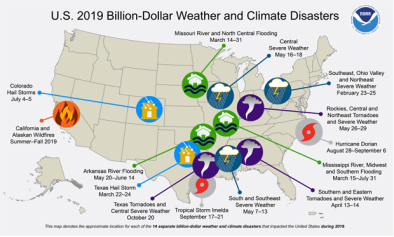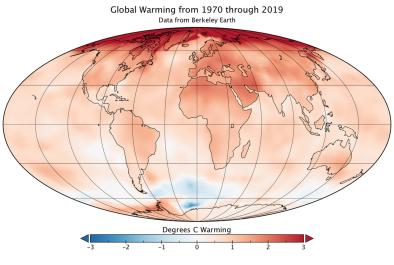Science Source
Large influence of soil moisture on long-term terrestrial carbon uptake
- States that although the terrestrial biosphere absorbs about 25 percent of anthropogenic carbon dioxide (CO2) emissions, the rate of land carbon uptake remains highly uncertain, leading to uncertainties in climate projections
- States that one potential limiting factor for land carbon uptake is soil moisture, which can reduce gross primary production through ecosystem water stress, cause vegetation mortality and further exacerbate climate extremes due to land–atmosphere feedbacks
- Uses the data output from four Earth system models from a series of experiments to analyse the responses of terrestrial net biome productivity to soil-moisture changes
- Finds that soil-moisture variability and trends induce large CO2 fluxes (about two to three gigatons of carbon per year; comparable with the land carbon sink itself) throughout the twenty-first century
- Finds that soil-moisture variability reduces the present land carbon sink, and its increase and drying trends in several regions are expected to reduce it further
- Results suggest that the increasing trend in carbon uptake rate may not be sustained past the middle of the century and could result in accelerated atmospheric CO2 growth
Related Content
Headline

Jan 22, 2020 | Insurance Journal
Natural Disasters in Past Decade Broke Records for Economic, Insured Losses
Headline

Jan 14, 2020 | ClimateWatch Magazine
2010-2019: A landmark decade of U.S. billion-dollar weather and climate disasters
Science Source
| Nature Climate Change
Climate change now detectable from any single day of weather at global scale
Sebastian Sippel, Nicolai Meinshausen, Erich M. Fischer et al
Headline

Dec 5, 2019 | Washington Post
The simplest of climate models run decades ago accurately projected global warming


